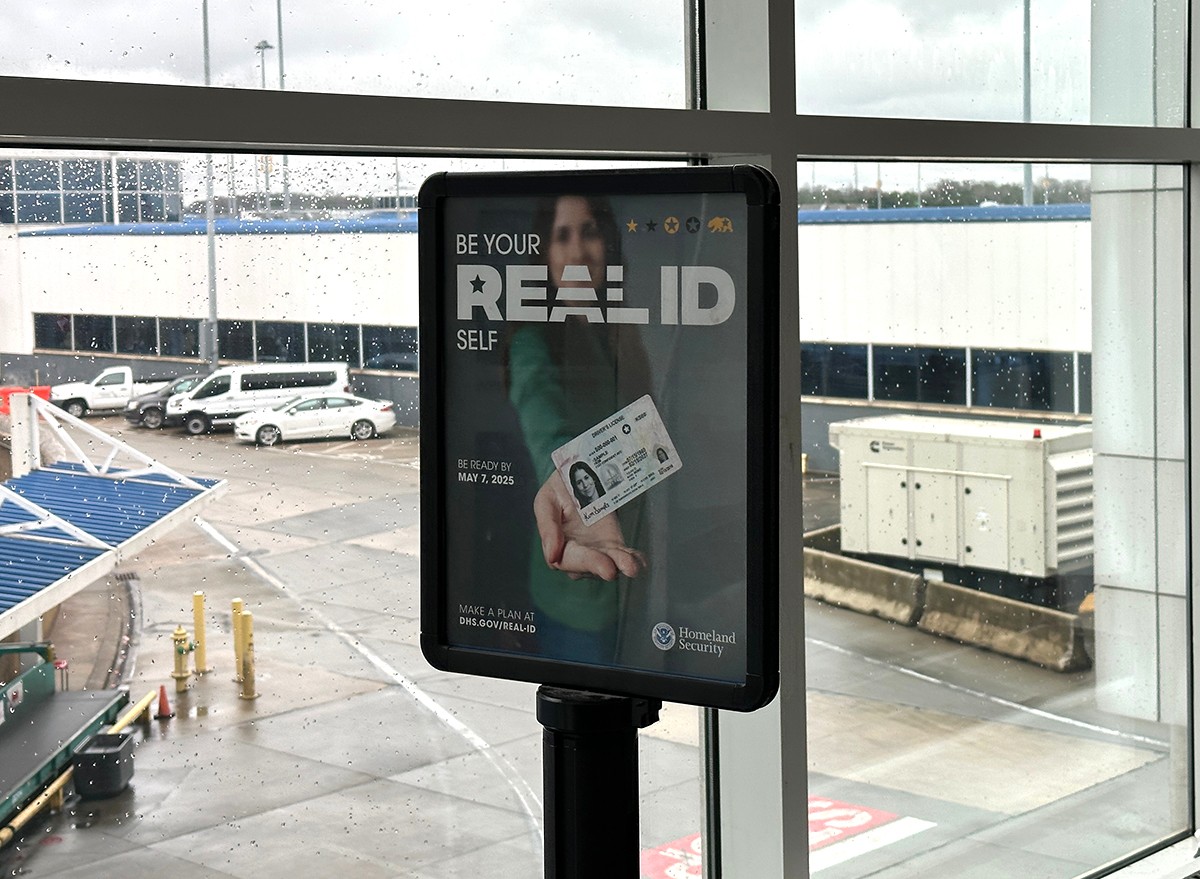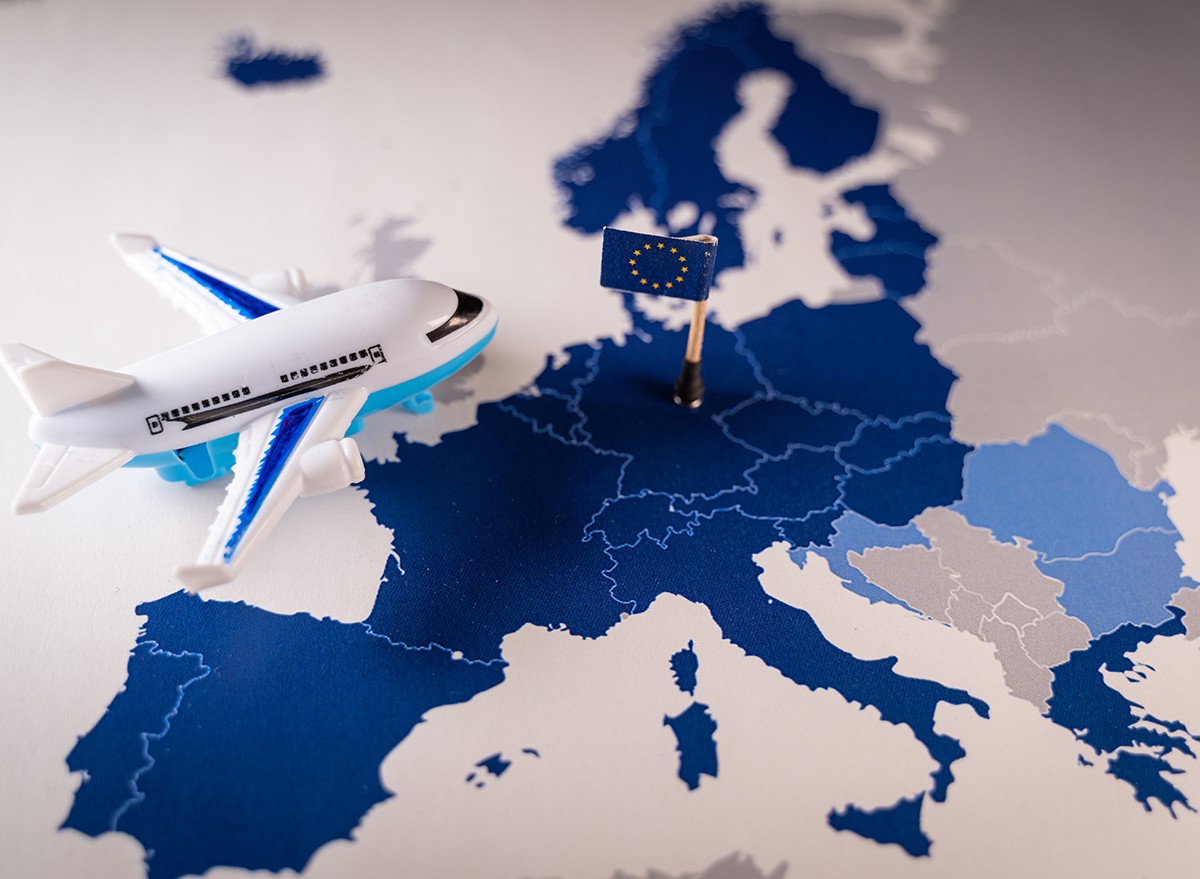These Travel Restrictions Will Change in 2025—Here’s What to Know

Changes are coming for Americans traveling in 2025 for both domestic and international travel. With the pandemic travel restrictions lifted, more people are traveling than ever, and it’s smart to know what to expect next year for new airline and government rules. “Travelers are increasingly seeking out experiences to enjoy on vacation that bring people together,” Laura Lindsay, global travel trends expert at Skyscanner, tells CNBC Make It. “Americans are looking to rest, recharge and discover new ways to connect with one another through their travels. The trends we’re seeing for the coming year are bringing individuals together. This search for community and the feeling of being part of something bigger than themselves is reshaping how people are traveling.” Here’s what will change in 2025.
RELATED: 6 Essential Travel Items If You’re Flying for the Holidays.
United Kingdom Electronic Travel Authorization

Starting January 8, 2025, American and Canadian travelers to the United Kingdom will have to apply for an Electronic Travel Authorization (ETA). This needs to be done even if you’re just making a connecting flight instead of staying. The ETA can be applied for online and travelers should get an official response within three days.
Real ID Enforcement

Travelers within the United States will no longer be able to fly using a driver’s licence as identification. “On May 7, 2025, U.S. travelers must be REAL ID compliant to board domestic flights and access certain federal facilities,” says the Department of Homeland Security (DHS). “The REAL ID Act, passed by Congress in 2005, enacted the 9/11 Commission’s recommendation that the Federal Government ‘set standards for the issuance of sources of identification, such as driver’s licenses and identification cards.'”
RELATED: 4 Hacks to Keep Bags and Valuables Safe While Traveling.
EU Entry/Exit System Requirements

Travelers to the EU will face new rules in 2025, with non-EU citizens required to register when they visit Austria, Belgium, Bulgaria, Croatia, Czechia, Denmark, Estonia, Finland, France, Germany, Greece, Hungary, Iceland, Italy, Latvia, Liechtenstein, Lithuania, Luxembourg, Malta, Netherlands, Norway, Poland, Portugal, Romania, Slovakia, Slovenia, Spain, Sweden, or Switzerland. “For the purpose of the EES, ‘non-EU national’ means a traveller not holding the nationality of any European Union country or the nationality of Iceland, Liechtenstein, Norway or Switzerland,” says the European Union. “‘Short stay’ means up to 90 days within any 180-day period. This period is calculated as a single period for all the European countries using the EES.”